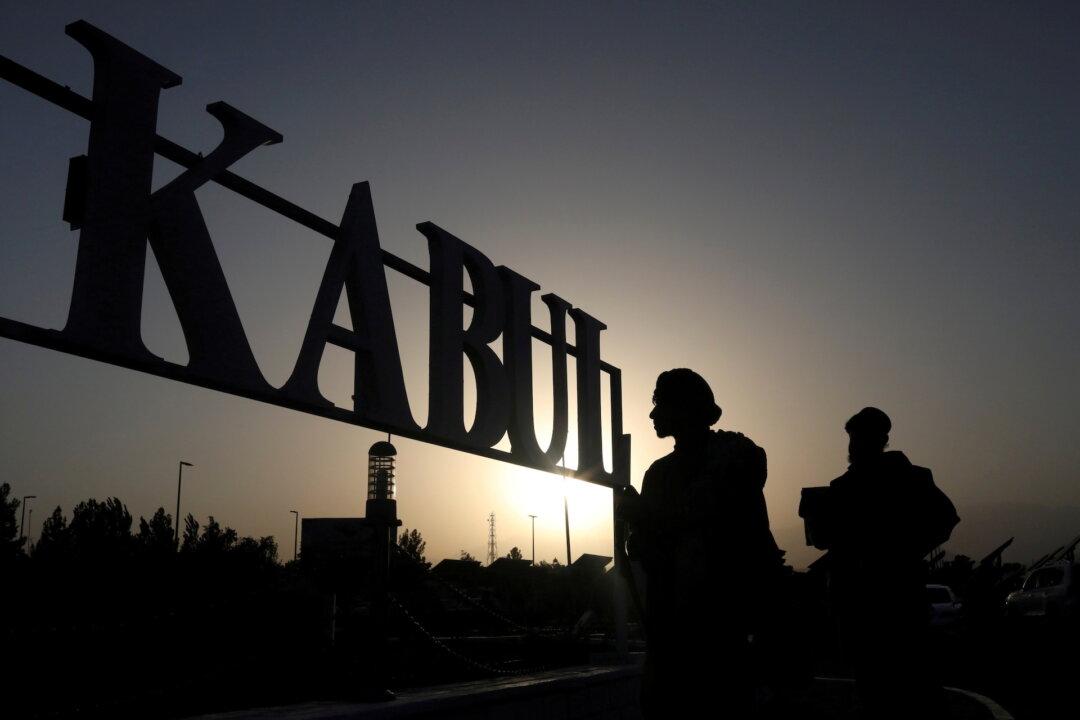A recent oil deal between the Taliban and Beijing has raised concerns about communist China’s larger economic and geopolitical agendas in the violence-inflicted nation.
Experts say the Chinese regime wants to take advantage of the vacuum created by the American exit, eyeing more than $1 trillion worth of Afghanistan’s minerals including rare earth elements, while outwitting other regional competitors.





